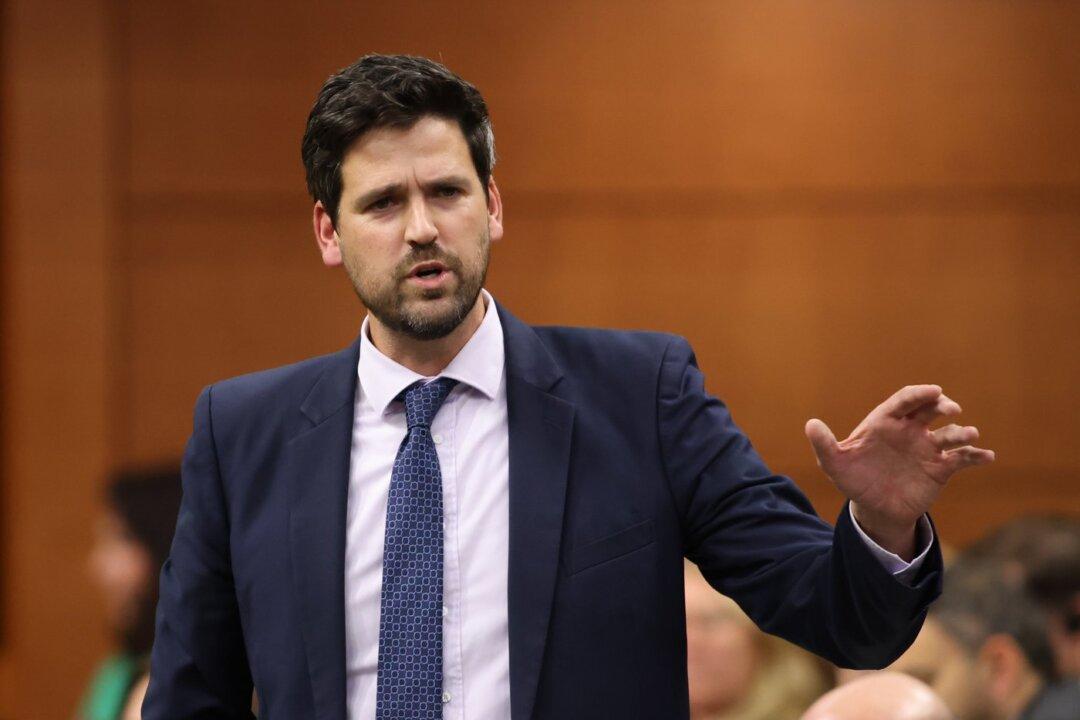Housing Minister Sean Fraser confirmed his government’s intent to implement measures to reduce the number of residences being used by owners as short-term rentals.
“I think we have opportunities to reduce the number of units used for this purpose and to increase the number of units available in general for the population,” Mr. Fraser said in French to reporters on Nov. 20.





